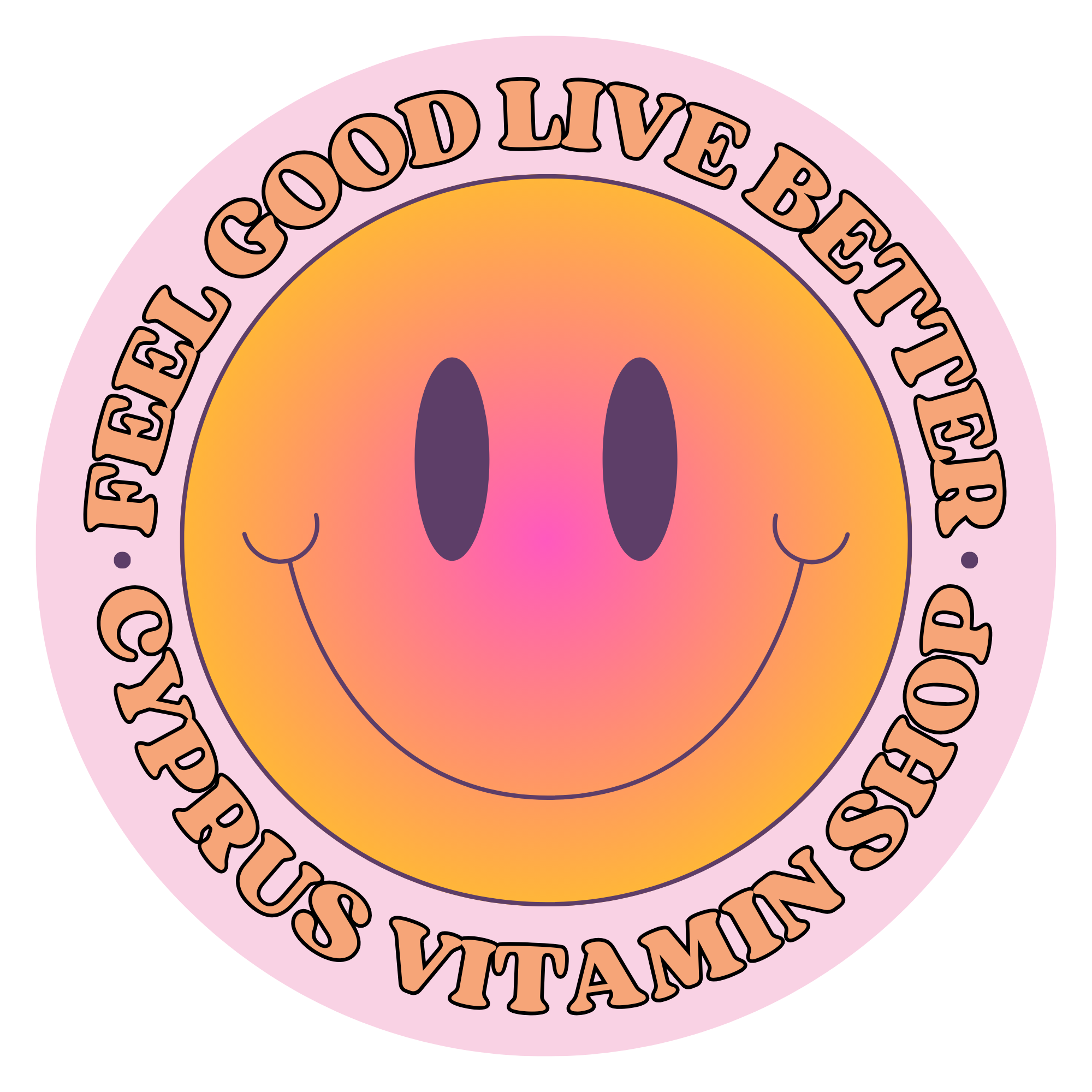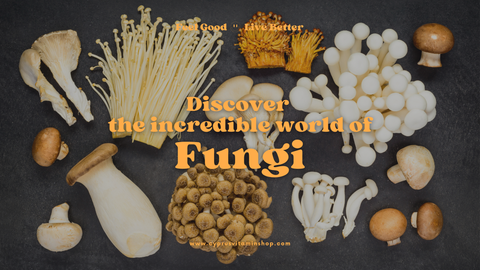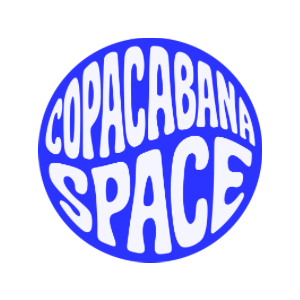NAD+ might sound like a complex word, but it’s actually something very important in our bodies! NAD+ (which stands for Nicotinamide Adenine Dinucleotide) is a molecule that helps our cells do their work, especially when it comes to giving us energy and keeping us healthy. Here’s a look at some of the cool things NAD+ does:
-
Gives Cells Energy
- Think of NAD+ like a helper that cells need to make energy. Just like we need food, our cells need energy too!
- As we grow older, NAD+ levels go down, which might be one reason people feel more tired as they get older.
-
Helps Our “Power Stations” (Mitochondria)
- Our cells have little “power stations” called mitochondria that produce energy.
- NAD+ helps these mitochondria work better, which means we might feel more active and less tired.
-
Protects Our DNA
- DNA is the instruction book for our bodies, and NAD+ helps fix DNA when it gets damaged, like a repairman.
- This can be especially important as we get older, as DNA damage can lead to aging and other problems.
-
Reduces Swelling in the Body (Inflammation)
- NAD+ helps calm down any inflammation in the body. Inflammation is like a response from your body when something is wrong, like getting a bruise.
- Lower inflammation can help protect us from health problems as we age.
-
Keeps the Brain Working Well
- Our brains need NAD+ to stay healthy. Research shows it might even help protect against certain diseases, like Alzheimer's, that affect the brain.
- Keeping up NAD+ levels might help us think more clearly as we grow older.
-
Supports Strong Muscles
- NAD+ is important for our muscles, especially when it comes to building strength and endurance.
- People who stay active and want strong muscles can benefit from having enough NAD+.
-
Helps the Body Use Sugar Properly
- NAD+ helps our bodies manage sugar levels and can improve insulin sensitivity, which means our bodies use sugar more effectively.
- This is particularly useful for avoiding health issues like diabetes.
NAD+ Precursors:
Niacinamide (vitamin B3), NR (nicotinamide riboside), and NMN (nicotinamide mononucleotide) are all compounds that can help increase NAD+ levels in the body, supporting energy, anti-aging, and cellular repair.
How They Work: NR and NMN are more direct precursors to NAD+, meaning they convert more efficiently and boost NAD+ levels faster than niacinamide. Niacinamide still supports NAD+ production but does so through a slower, less efficient pathway.
Cost Efficiency: Niacinamide is the most affordable option and still contributes to NAD+ production, though less potently. For someone looking for an economical choice to support NAD+, niacinamide could be a good alternative, though it won’t raise NAD+ levels as dramatically as NR or NMN.
Reference List
- Yoshino, J., et al. (2018). NAD+ Intermediates: The Biology and Therapeutic Potential. Cell Metabolism, 27(3), 529-547.
- Verdin, E. (2015). NAD+ in Aging, Metabolism, and Neurodegeneration. Science, 350(6265), 1208-1213.
- Imai, S., & Guarente, L. (2014). NAD+ and sirtuins in aging and disease. Trends in Cell Biology, 24(8), 464-471.
- Canto, C., et al. (2015). NAD+ Metabolism and the Control of Energy Homeostasis: A Balancing Act between Mitochondria and the Nucleus. Annual Review of Physiology, 77, 685-706.
- Lautrup, S., et al. (2019). NAD+ in Brain Aging and Neurodegenerative Disorders. Cell Metabolism, 30(4), 630-655.
- Uddin, G. M., et al. (2020). Mitochondrial Function and Muscle Health. Antioxidants, 9(10), 964.
- Trammell, S. A., et al. (2016). Nicotinamide Riboside is a Major NAD+ Precursor Vitamin in Mammals. Cell Reports, 16(11), 3028-3036.
These studies show that NAD+ does many good things for our bodies, and scientists are still learning more about it! It’s important to talk to a doctor if you want to try NAD+ supplements.





